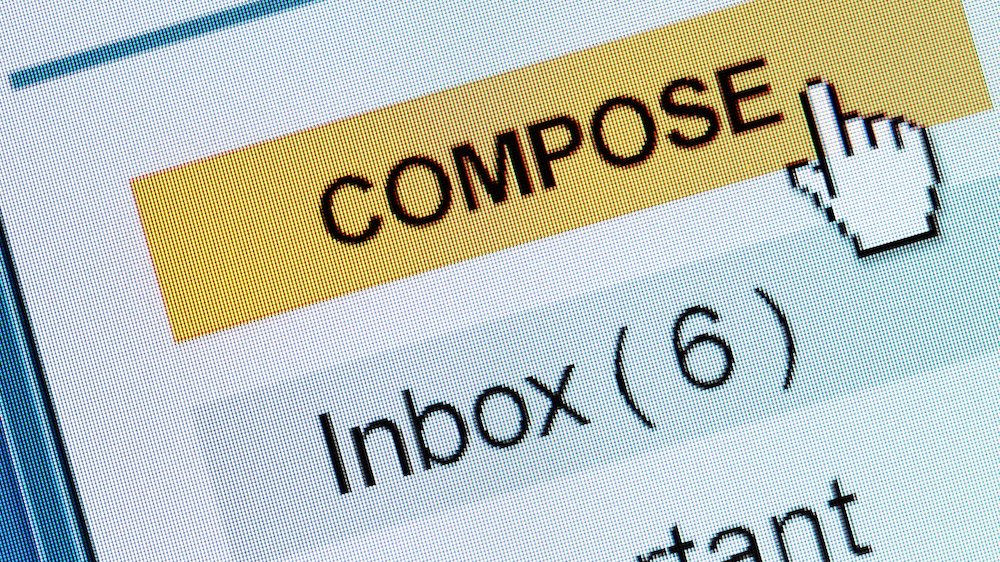Emails have become such an integral part of our working lives today that it is very difficult to even imagine life without them. A study by McKinsey Global Institute has estimated that 28% of our time at office is lost in reading, writing and managing emails. That means losing more than a whole quarter each year on emails!
Just imagine if you could save even a fraction of that time, it would mean an extra yearly vacation. Then it seems worthwhile to ponder on the question – why do emails suck up so much of time?
Sheer volume of emails
Dig deeper to check average emails statistics and you see that 116 business emails are sent and received per day per person! That gives you an idea of why emails are sucking up so much of time.
Disconnected communication tool
The problem with business emails is that they do not directly connect with the actual work that you do. So you still have to spend considerable amount of time and effort to link your work to items in your mailbox.
For example, when your team works on a particular problem or a project, heaps of emails are exchanged but none are directly linked to the project or task that you are working on. Many of your precious working ours are consumed in bridging this disconnect.
A better tool for project based work is a project and document management software which puts all communication items in project context.
Emails are too generic
Emails are used for a variety of purposes – simple short messages, meeting invites, connection requests, exchanging documents, approving documents, asking for information, selling things, buying things.
Take a look at your inbox and you will find all of these – sadly without much differentiation. Email leaves it to you to differentiate between these things needing your attention. This again consumes your valuable time and intellect.
More efficient solution is to use different media for these different types of communication. For example – Slack for short messaging, Google calendar for meetings, LinkedIn for connections, WorkPack for document review and approval.
Individually, all these channels are incredibly more efficient than categorizing and arranging emails.
Too much noise
Emails don’t get prioritized by default. When you have hundreds of emails being exchanged on a daily basis, you can easily lose track of important items among a sea of emails.
This is easily avoided by using a separate channel for important work related items such as document approval to keep your projects moving ahead. Document management solutions – like WorkPack – enable you to separate the noise from actually important work.
Although email is a valuable communication tool, it has now started to seem outdated. Do you also face the email overload problem? How do you manage your mailbox? Your tips, pointers and suggestions are welcome in the comments section.


No Comments